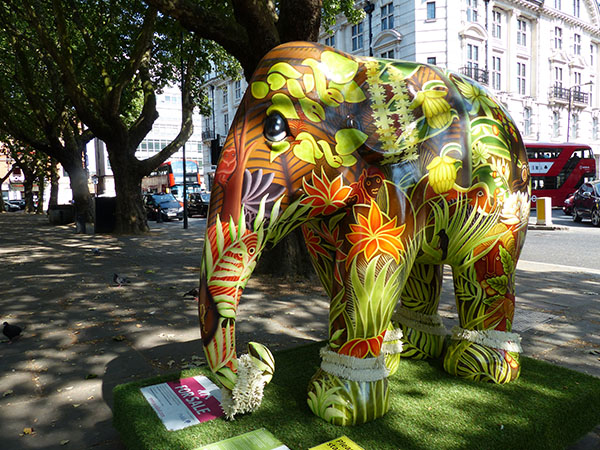Modern South Asia
This workshop covers the modern history of South Asia, form the time of colonialism to the present. We will begin with the story of The East India Company and how their trading relationship with India turned into British colonial rule. Next, we will talk about some elements and aspects of colonial rule in India, focusing on three South Asians: Mahatma Gandhi, Sarojini Naidu and Pandita Ramabai. These three each had different responses to colonial rule. Next, we will focus on Indian independence, and the creation of the modern India state, and of Pakistan and Bangladesh, as a consequence of partition of India. At this juncture we will take different of the modern countries of South Asia in turn – Sri Lanka, Nepal, Pakistan and Bangladesh – and give a brief history of each country. Lastly, we will focus on climate change in South Asia, and discuss some of the young students activists from South Asia who are campaigning for change. We will introduce the Elephant Parade (pictured), an initiative to raise awareness about climate change and wildlife preservation. Students will create their own artistic elephants.


Curriculum for Excellence subjects and skills:
SOC 2-06a: I can discuss why people and events from a particular time in the past were important, placing them within a historical sequence.
SOC 2-08a: I can discuss the environmental impact of human activity and suggest ways in which we can live in a more environmentally-responsible way.
SOC 2-15a: I can use evidence selectively to research current social, political or economic issues.
EXA 2-05a: Inspired by a range of stimuli, I can express and communicate my ideas, thoughts and feelings through activities within art and design.
National Curriculum subjects and skills:
History: A significant turning point in British history—colonialism in India and Indian independence. Understanding the expansion and dissolution of empires, continuity and change, cause and consequence, similarity, difference and significance, drawing contrasts, analysing trends.
Geography: Naming and locating some of the worlds’ continents and oceans, using basic geographical terms such as river, valley, sea, ocean, mountain, forest, season. Engaging with maps.
Art: Pupils will have the opportunity to improve their mastery of art and design techniques.
Science: Learning about animals, their habitats, and how different habitats suit different animals.